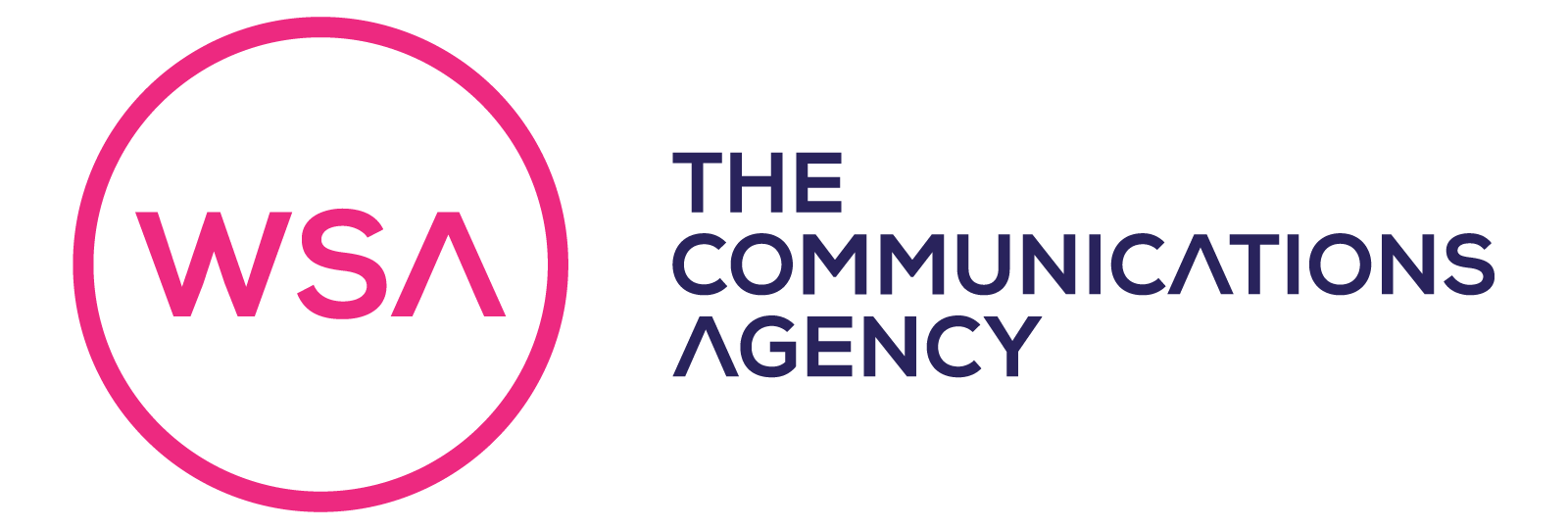When Douglas Robb, the Headteacher at Gresham School which claims such renowned alumni as Benjamin Britten and WH Auden, made national news recently with his remarks about millennials, it was in response to a young applicant for a teaching job who, when invited to ask questions about the vacant post, said quite simply “Why should I come and work for you?”. Mr Robb’s generalisation about “molly-coddled, entitled and spoilt youngsters” drew a predictably divided response. Coming in the same week where a DfE Research report revealed that – “teacher shortages are making teaching jobs easier to come by with the employment rate for newly trained teachers up by 10 percentage points over a six-year period” – it would be reasonable to reflect on how many other Head Teachers might have felt a degree of sympathy with him. Changes in education policy, league tables, budget accountability, students on social media, Ofsted and the vexed question of teacher recruitment mean that today’s “to do” list for most Heads is extensive and complex.
So, what’s to be done about recruitment?
At WSA we’ve a decade and more of working with schools and colleges to inform us and hundreds of clients who have come to us for help, advice and policy implementation on teacher recruitment. Indeed, our recently appointed Managing Director, Jerry Taylor, was, for 5 years, Commercial Director at TES, acknowledged as a prime influence in teacher recruitment.
Our view is that, in addition to creating the right recruitment proposition in the most appropriate medium, schools need to consider the whole of their communications efforts as an integrated programme. Perception, reputation and image are now every bit as important as the bricks, mortar and results when it comes to attracting the right people.
Our Director of Marketing, Lester Dinnie, spoke recently to delegates at the NASBM (now ISBL) national conference of the need to preserve and promote reputation through a continuous stream of PR and social media interventions. At the event he quoted the editor of Schools Week, who has said:
“It is essential for schools to proactively market themselves.”
A quick trawl through the media reveals that teachers are entirely engaged with that idea when they’re considering a career move:
“Pay attention to the vibe”, “Look at what’s been going on”, “You can see a lot from the website”. It’s not all about pay scales and league tables.
Data from the sector reinforces the proposition that problems in teacher recruitment are matters of fact not merely a widely held opinion. A TES report stated that by 2021 there will be 900,000 more children coming into schools, that this growth would continue until at least 2023 and that the number of secondary trainees is falling year on year.
A survey by the ASCL, as far back as 2014, identified acute teacher recruitment problems in Maths, Science and English.
It may be a cliché but it’s also a truism that doing nothing is not an option. Fortunately, help is available for schools from providers who know the sector, have the skills set to mentor best practice in marketing communications and can help to create the necessary elements of an integrated approach to teacher recruitment.


